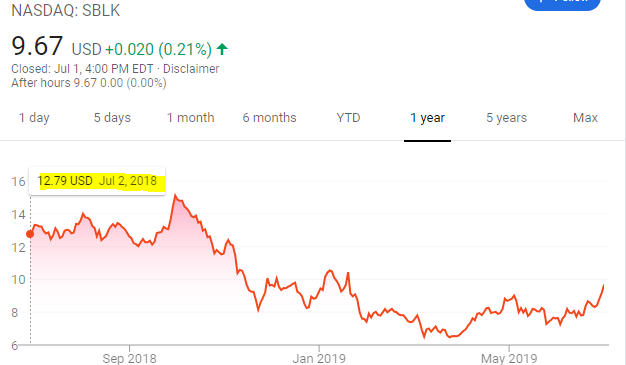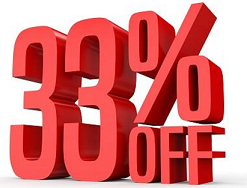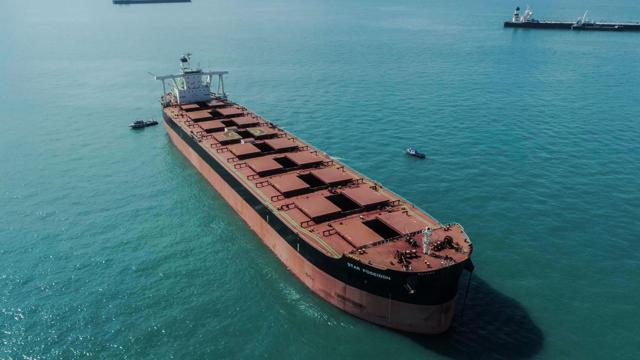Star Bulk Company Overview
Image Credit: Star Bulk Carriers
Star Bulk Carriers (NASDAQ:SBLK) is a dry bulk pure play; inclusive of their latest announced acquisition on 27 May, SBLK's fleet has grown to 120 controlled vessels with 13.1M tons of combined cargo capacity. Their fleet has expanded considerably in the past year, with four total sets of acquisitions since early 2018, which now places SBLK as the largest publicly-traded dry bulk company.
Their price has improved a bit over the past few weeks, but they still trade at a considerable discount to last summer and last fall despite positive cash flow, a perfect 2020 setup, keen repurchases, and Capesize rates which are actually up y/y despite the poor headlines. The stock is down 24% y/y despite having a larger fleet and a cleaner balance sheet.

Source: Google Finance, SBLK 1y Quote
Capesize Rates Running Back
Capesize dry bulk rates have had a difficult winter and spring season, but despite the countless uninformed headlines, this has very little to do with any US-China 'Trade War' impacts, but far more so due to the horrific tailing dam collapse in Brazil, part of a major VALE (VALE) complex. This single event crushed Brazil's surging iron ore exports, which are only now starting to come back to a growth phase.
The Capesize segment depends heavily on coal and iron ore trades. Brazil is a major exporter, set to account for a large percentage of global growth, while China and India are major consumers. Brazil-Asia is one of the longest routes in the world, approximately triple the Australia-China route, so this growth displacement is set to add major growth for shipping demand even if total import growth in Asia is fairly low. Thus, the VALE dam collapse and subsequent halt in export growth was about the worst possible news the market could receive. In
4-Year Anniversary Sale (Until 7 July)

To celebrate the 4th Anniversary of Value Investor's Edge (launched in May 2015), we are offering our largest discount yet for NEW members. Try it risk-free with a two week trial period.
Deep value means you're going against the market, which also opens major opportunities. The last time valuations were this skewed was late-2015 and Value Investor's Edge did exceptionally well. History is rhyming in 2019; relative values are the best I've seen in my entire career. Join our group of 400+ investors and associates as we uncover the best values in the market.
